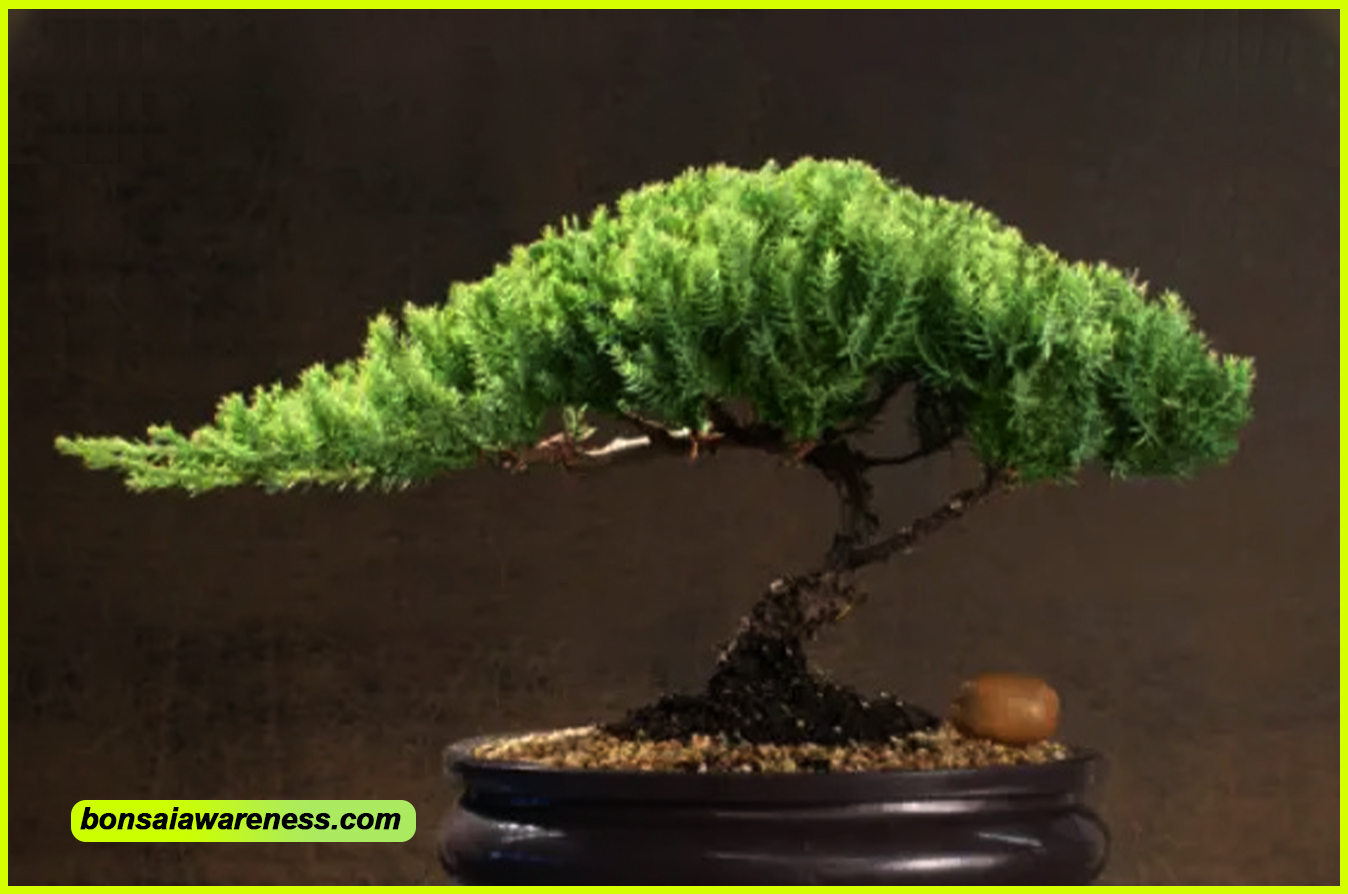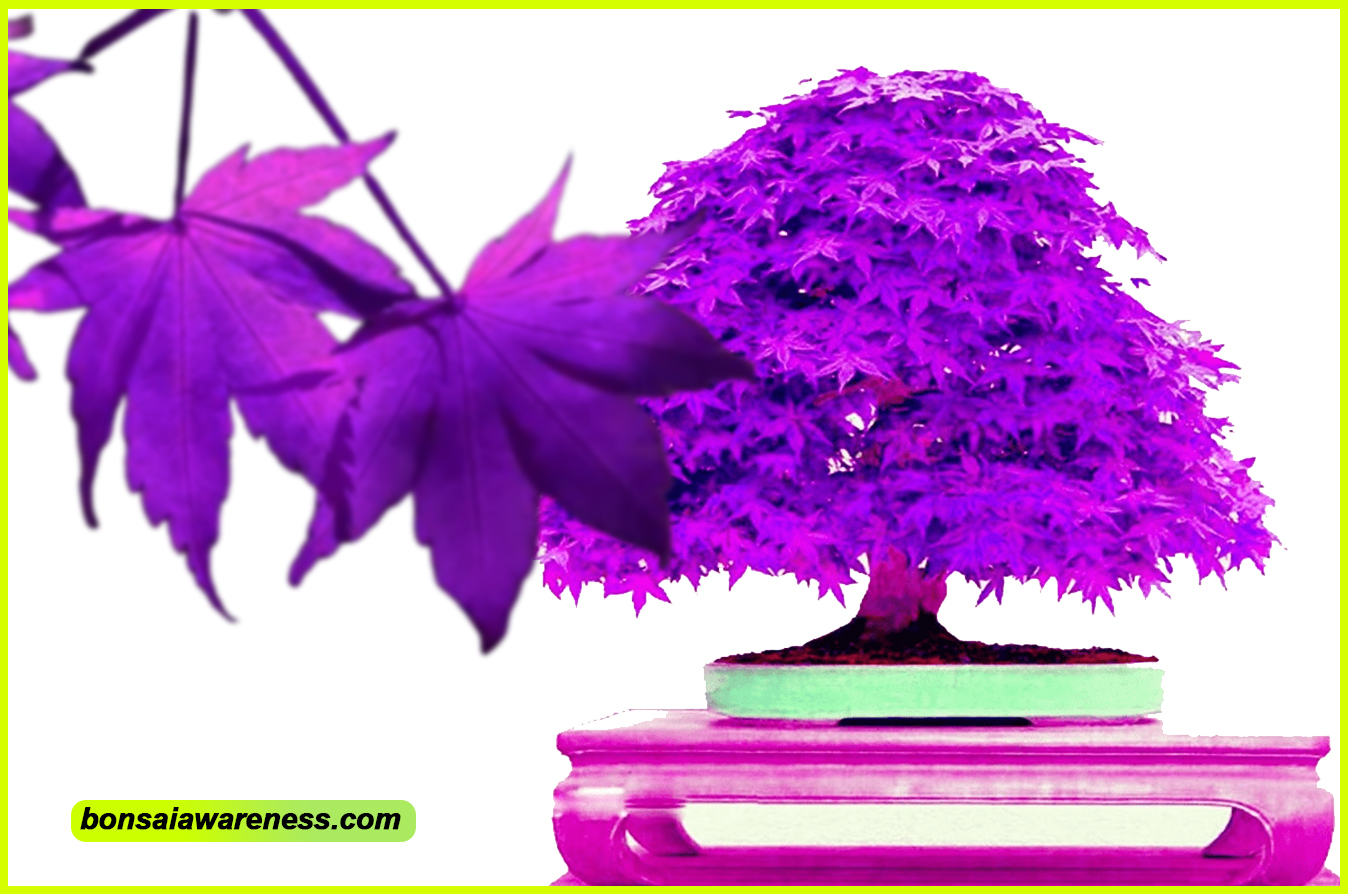Feed your juniper bonsai tree with a balanced fertilizer designed specifically for bonsai plants. A healthy juniper bonsai tree requires proper nourishment in the form of fertilizers.
Just like any other plant, bonsai trees need essential nutrients to grow and thrive. However, choosing the right fertilizer for your juniper bonsai tree is crucial. Junipers are coniferous trees that have specific nutritional requirements. To ensure optimal growth and development, it is important to select a balanced fertilizer formulated specifically for bonsai plants.
By providing the right nutrients in the right amounts, you can promote healthy foliage, strong roots, and overall vitality in your juniper bonsai tree. We will explore the best fertilizer options and application techniques to help your juniper bonsai thrive in its miniature world.
Choosing The Right Fertilizer
Choosing the right fertilizer for your Juniper Bonsai tree is crucial for its health and growth. When it comes to fertilizers, you have the option of organic or synthetic. Organic fertilizers are made from natural sources such as compost or manure. They provide a slow-release of nutrients, promoting long-term growth and overall soil health. On the other hand, synthetic fertilizers are chemically formulated and provide a quick release of nutrients. They are often higher in nitrogen, phosphorus, and potassium (NPK ratio). Before choosing a fertilizer, consider the specific needs of your Juniper Bonsai tree and its stage of growth. Slow-release fertilizers are more suitable for established trees, while liquid fertilizers can be used for younger or stressed trees needing a quick nutrient boost. It’s important to follow the instructions on the fertilizer packaging and apply it sparingly to avoid over-fertilization, which can harm your bonsai tree.
Understanding Nutrient Requirements
Juniper bonsai trees require a balanced nutrient regimen to thrive. Understanding their specific nitrogen (N), phosphorus (P), and potassium (K) requirements is crucial for their overall health. Nitrogen is essential for new growth and promotes dark green foliage. Phosphorus aids in root development, flowering, and fruit production. Potassium facilitates the overall strength of the tree and enhances disease resistance.
It is important to avoid overfertilization, as this can lead to root burn and weaken the tree’s immune system. On the other hand, underfertilization can result in stunted growth and nutrient deficiencies. A balanced fertilizer with an NPK ratio of 10-10-10 or 20-20-20 is generally suitable for juniper bonsai trees. However, it is recommended to consult a bonsai specialist or a local nursery to determine the exact fertilizer requirements based on the specific species and growth stage of your juniper bonsai tree.
In summary, providing the appropriate nutrients in the right amounts is vital for the successful cultivation of juniper bonsai trees. By understanding their nutrient requirements, particularly the nitrogen, phosphorus, and potassium needs, you can ensure the health and vigor of your prized bonsai tree.
Fertilizing Schedule
Create a thriving Juniper Bonsai Tree with the right fertilizing schedule. Follow this guide to provide the necessary nutrients and ensure healthy growth.
Spring Fertilization
Spring is the ideal time to fertilize your Juniper Bonsai tree. Use a balanced, slow-release fertilizer with a ratio of 10-10-10 or 14-14-14. Apply the fertilizer following the package instructions, taking care not to over-fertilize as it can harm the tree’s delicate roots.
Summer Fertilization
During summer, your Juniper Bonsai tree will be actively growing and will benefit from regular fertilization. Switch to a high-nitrogen fertilizer with a ratio of 20-10-10 or 30-10-10. Apply the fertilizer every four to six weeks to support healthy foliage growth.
Fall Fertilization
As the temperatures start to drop in fall, it’s time to adjust the fertilizer routine. Switch back to a balanced, slow-release fertilizer with a ratio of 10-10-10 or 14-14-14. Apply the fertilizer sparingly to promote root development and ensure a healthy winter dormancy period for your Juniper Bonsai tree.
Applying Fertilizer Correctly
When fertilizing your Juniper Bonsai tree, it is important to follow proper techniques to ensure optimal growth and health. Dosage and timing are vital considerations to avoid fertilizer burn and maximize the benefits. Applying the correct amount of fertilizer is crucial. It is recommended to use a slow-release granular fertilizer specifically formulated for bonsai. Read the instructions carefully and measure the appropriate dosage based on the tree’s size and age.
Timing is also critical. In general, it is best to fertilize Juniper Bonsai trees from spring to autumn, excluding the winter dormant period. Apply the fertilizer every four to six weeks during the growing season to provide consistent nourishment.
To prevent fertilizer burn, always water the tree well before fertilizing. This helps in diluting the fertilizer and preventing it from concentrating in one area. Additionally, distribute the fertilizer evenly around the tree rather than placing it in one spot. This will ensure that all parts of the bonsai receive balanced nutrition.
Fertilizing your Juniper Bonsai tree correctly will promote healthy growth, vibrant foliage, and a strong root system. Following these techniques will help you maintain a thriving bonsai tree that brings joy and beauty to your surroundings.
Signs Of Over-fertilization
In a Juniper Bonsai Tree, over-fertilization can lead to numerous signs that indicate the need for adjustment. Excessive fertilizing can result in leaf burn, where the leaves of the tree turn brown and dried, hampering the tree’s overall health. Stunted growth is another sign of over-fertilization, where the bonsai fails to reach its potential height and size. Over time, root damage can occur due to excessive nutrients, leading to decay and rot. It is important to strike a balance and provide appropriate nourishment to ensure the well-being of the Juniper Bonsai Tree. By closely monitoring the signs of over-fertilization and adjusting the feeding schedule accordingly, one can ensure the longevity and vitality of these beautiful trees.
Frequently Asked Questions For Fertilizer For Juniper Bonsai Tree
What Type Of Fertilizer Is Best For Juniper Bonsai Trees?
The best type of fertilizer for Juniper bonsai trees is a balanced formula with equal amounts of nitrogen, phosphorus, and potassium. Organic options like fish emulsion or seaweed extract are also effective, as they provide beneficial nutrients without causing harm to the tree.
How Often Should I Fertilize My Juniper Bonsai Tree?
It is recommended to fertilize Juniper bonsai trees every four to six weeks during the growing season, which typically runs from spring to fall. However, it is important to monitor the tree’s health and adjust the frequency accordingly, taking into account factors such as temperature, light, and the tree’s overall condition.
Can I Use Regular Plant Fertilizer For My Juniper Bonsai Tree?
While regular plant fertilizers can be used for Juniper bonsai trees, it is important to ensure that they have a balanced formula and do not contain high levels of certain nutrients that can harm the tree. It is always best to choose a fertilizer specifically formulated for bonsai trees to ensure optimal growth and health.
Should I Fertilize My Juniper Bonsai Tree During The Winter Months?
It is generally not necessary to fertilize Juniper bonsai trees during the winter months, as they are in a dormant phase. Fertilizing during this time can stimulate new growth, which is not ideal for the tree’s overall health. It is best to resume fertilizing in early spring when the tree starts to come out of dormancy.
Conclusion
Providing the right fertilizer for your Juniper Bonsai tree is crucial for its healthy growth and vibrant appearance. By choosing a balanced and slow-release fertilizer, you can ensure that your bonsai receives the essential nutrients it needs without risking over-fertilization.
Remember to water your tree before applying fertilizer and to follow the dosage instructions provided. With proper care and nourishment, your Juniper Bonsai can thrive for years to come.


Leave a Reply